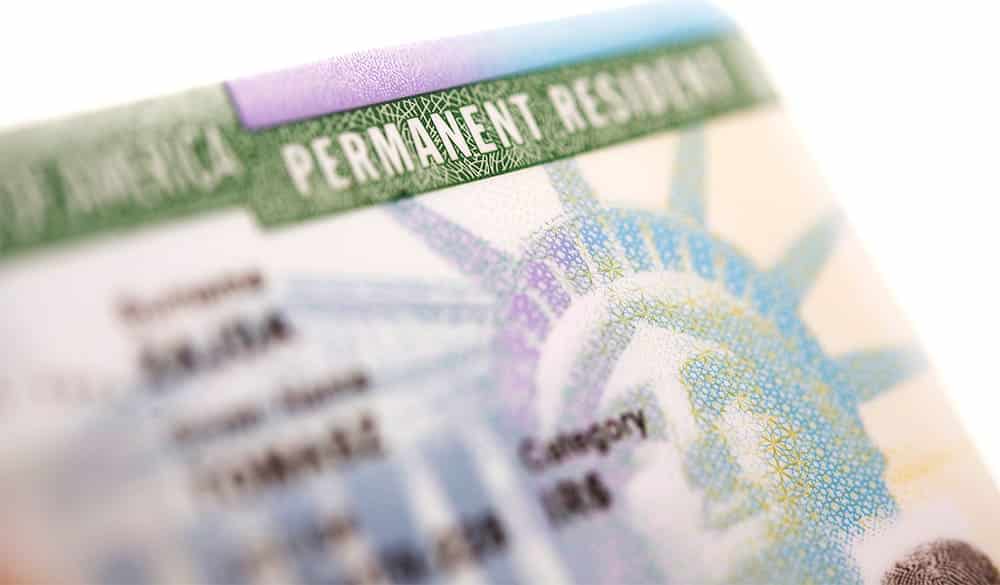New changes to the Visa Waiver Program are in response to the concerns of many Americans following the Paris terrorist attacks and the San Bernadino shootings. Congress passed and the President later signed into law the “Visa Waiver Program Improvement and Terrorist Travel Prevention Act of 2015.” Shortly after the Act’s passage on January 21, 2016, the U.S. State Department and the Department of Homeland Security announced the new changes to the visa waiver program were in effect. These changes apply to visa waiver applicants who wish to apply through the Electronic System for Travel Authorizations (ESTA).
Visa Waiver Program
The Visa Waiver Program (VWP) allows citizens of 38 specific countries, including Ireland, to travel to the United States for temporary business or tourism for up to 90 days maximum without having to first obtain a visa. The 38 countries in return must permit U.S. citizens and nationals to travel to their countries for a similar amount of time without a visa for business or tourism purposes.
The visa application process can be lengthy. An applicant may be required to complete a comprehensive online application followed by an interview. This interview would be with a consular officer at a U.S. embassy or consular post abroad to determine eligibility. In contrast to the visa application process, VWP travelers obtain pre-travel authorization using the online Electronic System for Travel Authorizations prior to being able to board a plane or ship bound for the United States. The convenience, time, and cost factors are what make the VWP the preferred alternative to the conventional visa application process for many travelers.
Due to the changes dictated by the new Act beginning April 1, 2016, passports from Visa Waiver Program applicants must be electronic and fraud-resistant. These passports will contain additional biographic and biometric information not previously required and must be machine readable. Passports must contain an electronic chip that stores biographic data, biometric identifier, a digital signature and a unique chip identification number. By October 1, 2016, Visa Waiver countries must have the capability to validate passports at key points of entry with heightened ability to screen travelers.
Nationals of Iran, Iraq, Sudan, and Syria
In addition to the passport and heightened screening requirements, The Act now makes VWP nationals who are also nationals of Iran, Iraq, Sudan, and Syria ineligible to travel to the United States under the VWP. Nationals of VWP countries who have traveled to or been present in the four countries on or after March 1, 2011, are also ineligible for the VWP. Individuals who are either dual citizens or who have traveled to Iran, Iraq, Sudan, or Syria must now first apply for a visa prior to traveling to the United States.
The Visa Waiver Program Improvement and Terrorist Travel Prevention Act of 2015 allows for exceptions to the new rules. The changes introduced to the Visa Waiver Program will mean that some dual nationals and those with certain travel histories will no longer be able to obtain ESTA pre-authorization. They will have to go through the added time and expense of applying for a visa for temporary travel through a U.S. consular post. The additional passport requirements may also mean that some Visa Waiver Applicants will need to obtain updated passports. As with many things in the field of immigration, keeping up-to-date with the latest changes in the law is key to avoiding difficulties upon entry to the United States.
If you’re concerned you or your loved ones may be affected by these changes to the Visa Waiver Program, contact the expert immigration attorneys at Dworken & Bernstein and find out your options today!
In Lake County, call 440.946.7656
In Cuyahoga County, call 216.861.4211







